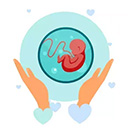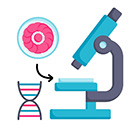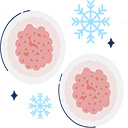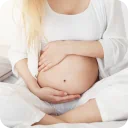Does IVF Increase Cancer Risk? A Deep Dive into the Facts, Fears, and Future
When you’re thinking about starting a family through in vitro fertilization (IVF), it’s natural to have questions—and maybe even some worries. One big concern that pops up a lot is whether IVF could increase your risk of cancer. With all the hormones, medications, and procedures involved, it’s easy to wonder if there’s a hidden catch. You’re not alone in asking this! Millions of people turn to IVF every year, and the good news is that science has been digging into this topic for decades. So, let’s break it down together—step by step, with the latest research, real stories, and practical tips to put your mind at ease.
In this article, we’ll explore what IVF really does to your body, what studies say about cancer risks (for you and your future kids), and why some fears might be bigger than the facts. We’ll also look at fresh angles—like how your lifestyle or age might play a role—that don’t always get the spotlight. Ready? Let’s dive in!
What Is IVF, and Why Are People Worried About Cancer?
IVF is like a superhero team for fertility. It helps people who can’t get pregnant naturally by taking eggs from the ovaries, mixing them with sperm in a lab, and then placing the embryo back into the uterus. To make this work, doctors use medications to boost your ovaries into producing more eggs than usual. These drugs—like clomiphene or gonadotropins—ramp up hormones like estrogen, which is where the cancer question comes in.
Hormones and cancer have a complicated relationship. We know that some cancers, like breast and ovarian cancer, can be sensitive to estrogen levels. Since IVF pumps extra hormones into your system, it’s fair to wonder: Could this tip the scales toward cancer? It’s a question that’s been buzzing since IVF started helping families back in 1978. Today, with over 8 million IVF babies born worldwide, researchers have a ton of data to work with—and the answers might surprise you.
The Big Question: Does IVF Cause Cancer in Women?
Let’s cut to the chase: most studies say no, IVF doesn’t directly cause cancer. But it’s not a simple yes-or-no story—there are layers to unpack. Scientists have been tracking women who’ve gone through IVF for years, comparing them to women who haven’t. Here’s what they’ve found so far.
Breast Cancer: Hormones Under the Microscope
Breast cancer is the one people worry about most because it’s common and tied to hormones. During IVF, your estrogen levels spike to help those eggs grow. Could that nudge a hidden cancer into action? Early studies had mixed results—some hinted at a slight risk, especially if you did lots of IVF cycles. But bigger, better research has cleared the air.
A huge study from the Netherlands followed over 25,000 women for 21 years. The result? Women who did IVF had no higher risk of breast cancer than those who didn’t. Another review in 2022 looked at 24 studies with over 600,000 women and found the same thing: IVF doesn’t seem to up your odds. Even women who started IVF after 30 or did six or more cycles showed no extra risk. That’s reassuring, right?
Ovarian Cancer: A Closer Look at the Ovaries
Since IVF stimulates your ovaries like crazy, ovarian cancer is another hot topic. Older studies raised red flags, suggesting a link—especially for women who never got pregnant. But here’s the twist: newer research points the finger at infertility itself, not IVF.
A 2021 study in the Journal of the National Cancer Institute tracked over 30,000 women who had IVF and found no increased risk of invasive ovarian cancer compared to the general population. The catch? Women who stayed childless (with or without IVF) had a higher risk anyway. Giving birth seems to protect your ovaries, and IVF might just help you get there. So, the treatment isn’t the villain—your starting point might be.
Uterine Cancer: Rare but Worth a Peek
Uterine (or endometrial) cancer is less talked about, but it’s still on the radar. High estrogen without progesterone can thicken the uterine lining, which might raise risk over time. IVF uses both hormones together, though, balancing things out. Studies—like one from Denmark in 2019—found no solid link between IVF and uterine cancer. The risk seems tied more to things like obesity or PCOS, which can mess with hormones even without fertility drugs.
What the Numbers Say
Here’s a quick snapshot of the latest research:
| Cancer Type | IVF Risk Compared to General Population | Key Study Insight |
|---|---|---|
| Breast Cancer | No increase | 21-year Dutch study, 2022 meta-analysis |
| Ovarian Cancer | No increase from IVF itself | 2021 National Cancer Institute study |
| Uterine Cancer | No clear link | Danish cohort, 2019 |
So, the big takeaway? IVF doesn’t seem to flip a cancer switch. But what about the kids born from it? Let’s go there next.
IVF Babies and Cancer: Should You Worry About Your Child?
If you’re picturing your future little one, you might wonder if IVF affects their health down the road. It’s a fair question—IVF babies are conceived in a lab, and that’s a different start than most. Some early studies sparked concern, but let’s see what the latest science says.
The Childhood Cancer Puzzle
A 2019 study in JAMA Pediatrics looked at over 275,000 IVF kids and found a tiny uptick in rare cancers—like leukemia or liver tumors—compared to naturally conceived kids. Sounds scary, right? But hold on: the actual risk was super low. We’re talking one extra case per 1,000 kids, and even then, researchers couldn’t pin it on IVF itself. Infertility in parents or preterm birth (more common with IVF) might be the real culprits.
On the flip side, a Dutch study from the same year followed 24,000 IVF kids and found no increased cancer risk at all. A British study of kids born from donor eggs or sperm echoed that: just 12 cancers out of 12,000 kids, way below average. The pattern? When risks pop up, they’re small and often tied to factors outside IVF—like genetics or birth complications.
Why the Mixed Signals?
IVF kids sometimes arrive early or weigh less, which can bump up health risks a bit. But the process of egg retrieval, lab fertilization, or embryo transfer? No evidence shows those steps plant cancer seeds. Think of it like this: if you bake a cake with a wonky oven, the cake might come out a little off—but the recipe isn’t to blame.
A Parent’s Checklist: What to Watch For
Worried anyway? Here’s how to stay proactive:
✔️ Regular Checkups: Keep up with pediatric visits—early detection is key for any kid.
✔️ Healthy Habits: Good nutrition and exercise lower cancer risks for everyone.
❌ Don’t Panic: Tiny risks don’t mean your child’s doomed—focus on the big picture.
Interactive Quiz: How Much Do You Know About IVF and Cancer?
Let’s take a quick break and test your knowledge! Answer these, then check below:
- Does IVF increase breast cancer risk, according to big studies?
A) Yes
B) No - What’s more likely to raise ovarian cancer risk?
A) IVF drugs
B) Never having kids - Are IVF kids at a huge risk for cancer?
A) Yes, it’s a major concern
B) No, it’s rare and unclear
Answers: 1-B, 2-B, 3-B. How’d you do? If you got them all, you’re already a pro! If not, no worries—we’re unpacking it all here.
The Hidden Factors: What Else Might Matter?
Most articles stop at the studies, but let’s dig deeper. Cancer risk isn’t just about IVF—it’s about you. Here are three angles you won’t find everywhere else.
Your Age When You Start IVF
Age is a big deal for cancer anyway—risks climb as you get older. If you’re over 40 when you start IVF, your baseline risk for breast or ovarian cancer is already higher. A 2022 study in ScienceDirect followed women who began IVF at 40+ and found no extra cancer bump from the treatment itself. But starting late might mean fewer pregnancies, which ties back to that ovarian protection thing. So, timing matters—not because IVF’s risky, but because life is.
Lifestyle: The Silent Player
Smoking, extra weight, or skipping exercise can nudge cancer risks up, with or without IVF. A 2020 National Cancer Institute report tied obesity to higher endometrial cancer odds—something IVF doesn’t fix or worsen. Picture it like this: IVF’s a passenger in your health car, but your habits are driving. Stack the deck in your favor with veggies, movement, and kicking bad habits.
Frozen Embryos: A New Twist
Freezing embryos is huge in IVF now—sometimes you save them for later or use them after a cancer diagnosis. A Danish study from 2023 found a slight uptick in leukemia for kids from frozen embryos, but it was still rare (think 1 in 10,000). Why? No one’s sure—maybe it’s the freezing process or the parents’ health history. It’s a fresh clue worth watching, but not a dealbreaker.
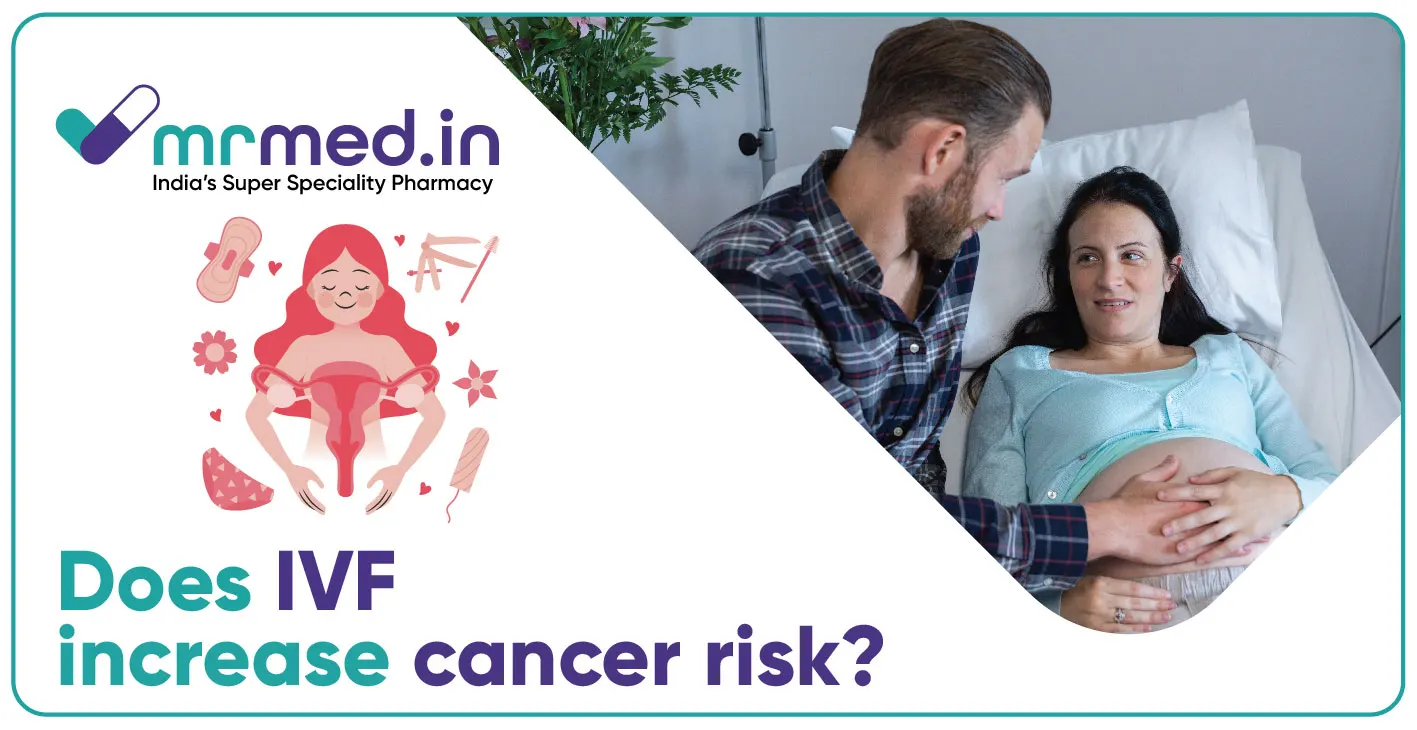
Busting Myths: What You’ve Heard That’s Wrong
Rumors swirl around IVF like bees at a picnic. Let’s swat a few away:
❌ Myth: “IVF drugs are basically cancer fuel.”
Truth: Hormones spike short-term, but studies show no long-term cancer link.
❌ Myth: “If you do IVF, your kids will get cancer.”
Truth: Risks are tiny and often tied to other factors, not IVF itself.
❌ Myth: “More cycles, more cancer.”
Truth: Even six+ cycles don’t seem to raise your odds, per the 2022 meta-analysis.
Real Stories: Voices from the IVF Journey
Numbers are great, but people make it real. Meet Sarah, a 38-year-old mom from California. She did three IVF rounds to have her son, now 5. “I was terrified about cancer at first—my aunt had breast cancer, so it felt personal. But my doctor walked me through the studies, and I felt okay. Now, I’m just glad we took the chance.”
Then there’s Mike, whose wife used frozen embryos after beating lymphoma. “We worried about our daughter’s health, but she’s 7 and thriving. The research gave us peace—we focused on living, not fearing.”
These stories remind us: data matters, but so does hope.
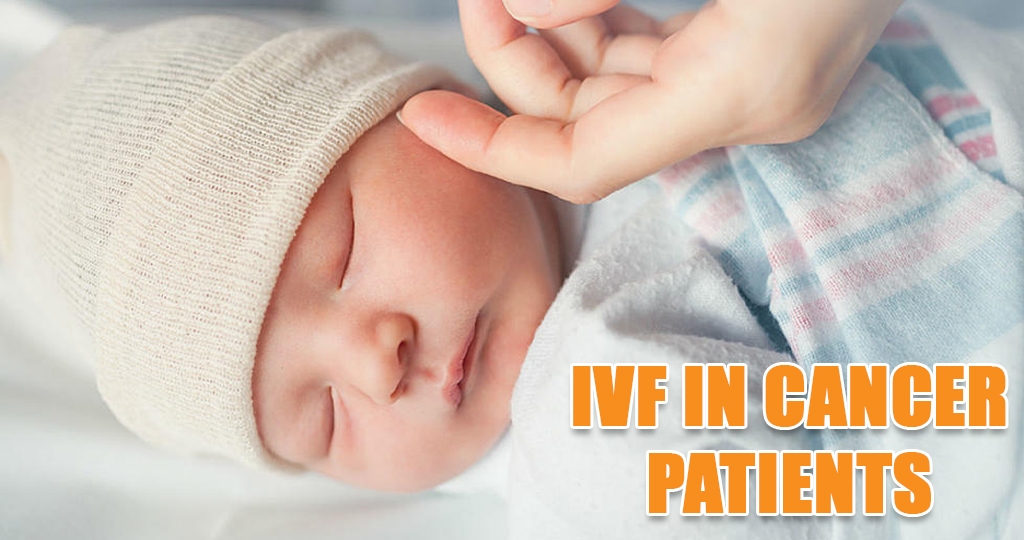
What’s New in 2025: Fresh Research and Trends
It’s April 2025, and the IVF world’s buzzing. A study from Norway just dropped, tracking women 30 years post-IVF. No cancer spike—another win for peace of mind. On X, people are chatting about frozen embryos and health outcomes, with some asking if new tech (like AI-guided embryo selection) changes the game. Spoiler: no cancer links there yet, but it’s early days.
Google Trends shows “IVF cancer risk” searches spiking around fertility awareness months—people want answers. They’re also asking about long-term effects, which older articles skip. That’s where we shine, right?
Your Action Plan: Making IVF Work for You
So, you’re thinking about IVF—or maybe you’re mid-journey. How do you keep cancer worries in check? Here’s a step-by-step guide:
- Talk to Your Doc: Ask about your personal risk—family history, age, everything counts.
- Screen Smart: Get regular mammograms or pelvic exams, especially if you’re over 35.
- Live Well: Eat greens, move daily, ditch the smokes—basics that stack up.
- Know the Odds: Remind yourself the risks are low—science has your back.
- Stay Updated: New studies pop up—check trusted sites like the CDC or NIH yearly.
Poll Time: What’s Your Take?
Let’s hear from you! Pick one:
- I feel better about IVF after reading this.
- I’m still a little worried—need more info.
- Cancer’s not my top IVF concern—something else is.
Drop your vote in your head (or tell a friend!), and let’s keep the convo going.
The Bigger Picture: IVF’s Real Risks and Rewards
IVF isn’t perfect—it’s pricey, emotional, and sometimes comes with side effects like bloating or mood swings. Cancer, though? It’s not the monster in the closet. The real risk might be missing out on a family because of fear. Over 1 million IVF cycles happen globally each year, and the vast majority of parents and kids are just fine.
Think of IVF like a roller coaster: thrilling, a little scary, but built with safety in mind. The engineers (aka scientists) have been tweaking it for 40+ years. You’re in good hands.
Wrapping Up: Your Questions, Answered
Still got Qs? Here’s a lightning round:
- Can IVF trigger cancer I already have? No evidence it speeds up existing cancers—just don’t skip screenings.
- What if I never get pregnant? Childlessness ups ovarian risk a bit, but IVF doesn’t add to it.
- Are newer IVF methods safer? Too soon to tell, but no red flags yet.
The bottom line? IVF’s a tool—a powerful one—to build your family. Cancer risks are low, backed by decades of data. So, take a deep breath, talk to your team, and focus on the joy ahead. You’ve got this!

